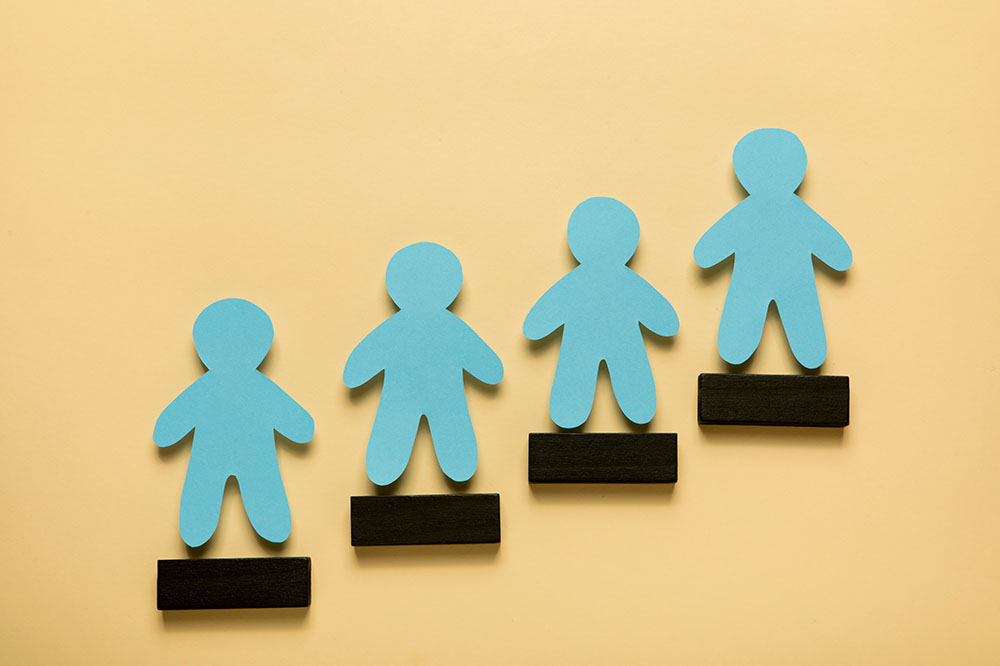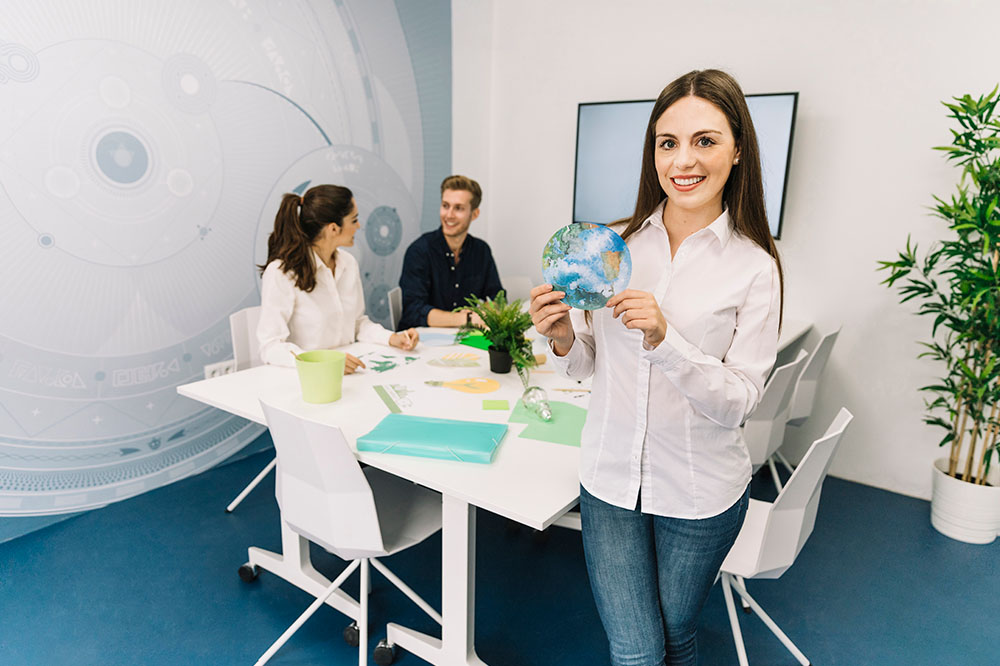In an increasingly interconnected world, the challenges we face as a society demand equally global solutions. The Sustainable Development Goals (SDGs) represent a comprehensive framework for addressing a variety of issues, from poverty to climate change, with the ultimate goal of building a fairer, more prosperous, and sustainable future for all.
These goals not only serve as a beacon of hope but also as a reminder of our collective responsibility to the planet and future generations.
The Importance of the SDGs
The SDGs are not just a wishlist; they are a concrete roadmap for transforming our world. Established by the United Nations in 2015 as part of the 2030 Agenda for Sustainable Development, the 17 goals and their 169 targets encompass a wide range of areas, from eradicating poverty to promoting gender equality and climate action.
Their scope and breadth reflect the complexity of the challenges we face and the need for integrated, holistic approaches to address them.

Global Commitment and Local Action
Achieving the SDGs is not the exclusive responsibility of governments or international organizations; it requires active participation from all sectors of society, including businesses, civil society, and individual citizens.
While policy decisions and international agreements are crucial, real change begins at the local level, where everyday actions can have a significant impact.
Breakdown of the SDGs
End Poverty (SDG 1):
Eradicating poverty in all its forms and dimensions is the first step toward a fairer and more equitable world. This involves not only providing access to basic resources such as food, water, and housing but also addressing the underlying causes of poverty, such as economic inequality and lack of opportunities.
Zero Hunger (SDG 2):
Ensuring food security and promoting sustainable agriculture are key elements in eliminating hunger worldwide. This involves not only increasing food production but also improving access to it and promoting healthy and sustainable diets.
Good Health and Well-being (SDG 3):
Access to quality health services is a fundamental human right. Efforts to achieve this goal range from disease prevention and treatment to promoting healthy lifestyles and reducing inequalities in access to healthcare.
Quality Education (SDG 4):
Education is a powerful tool for human development and individual empowerment. Ensuring inclusive and equitable education for all, from early childhood to adulthood, is essential for sustainable progress in all areas.
Gender Equality (SDG 5):
Gender equality is a moral imperative and a prerequisite for sustainable development. This involves not only eliminating discrimination and gender-based violence but also empowering women and girls in all aspects of life, from education to employment and political participation.
Clean Water and Sanitation (SDG 6):
Access to clean water and adequate sanitation services is essential for human health, economic development, and environmental sustainability. Ensuring the availability and sustainable management of water for all is critical to achieving this goal.
Affordable and Clean Energy (SDG 7):
Energy is a fundamental driver of economic and social development, but it can also be a significant source of greenhouse gas emissions. Promoting universal access to affordable, reliable, sustainable, and modern energy is crucial for driving human development without compromising the environment.
Decent Work and Economic Growth (SDG 8):
Decent work and sustained economic growth are essential for reducing poverty and promoting human development. This involves not only creating decent employment and entrepreneurship opportunities but also ensuring fair working conditions and promoting economic inclusion for all segments of society.

Industry, Innovation, and Infrastructure (SDG 9):
Sustainable infrastructure and technological innovation are key drivers of economic growth and sustainable development. Promoting the construction of resilient infrastructure, fostering innovation, and facilitating access to technology are essential elements for achieving this goal.
Reduced Inequalities (SDG 10):
Inequality in all its forms undermines sustainable development and undermines social cohesion. To move towards a fairer and more equitable world, it is crucial to address economic, social, and political disparities within and among countries.
Sustainable Cities and Communities (SDG 11):
Cities are centers of innovation, economic growth, and cultural diversity, but they also face significant challenges in terms of sustainability and quality of life. Promoting inclusive, safe, resilient, and sustainable cities is essential for ensuring harmonious and equitable urban development.
Responsible Consumption and Production (SDG 12):
Unsustainable consumption and production are exacerbating pressure on natural resources and contributing to climate change and environmental degradation. Promoting more sustainable consumption and production patterns, including reducing waste and efficient resource use, is essential to ensure a sustainable future for future generations.
Climate Action (SDG 13):
Climate change represents one of the greatest threats to sustainable development and environmental stability. Taking urgent action to combat climate change and its impacts is crucial to protecting the planet and ensuring a safe and prosperous future for all.
Life Below Water (SDG 14):
Oceans and seas are essential for the health of the planet and human well-being, but they are facing increasing pressure due to pollution, acidification, and overexploitation of resources. Protecting and restoring marine ecosystems is vital to ensuring the sustainability of our oceans and the life they support.
Life on Land (SDG 15):
Terrestrial ecosystems are the foundation of life on Earth, but they are being degraded at an alarming rate due to deforestation, loss of biodiversity, and soil degradation. Promoting sustainable management of natural resources and biodiversity conservation is essential to ensure the health and resilience of our terrestrial ecosystems.
Peace, Justice, and Strong Institutions (SDG 16):
Peace, justice, and equality are essential for sustainable development and respect for human rights. Promoting peaceful, just, and inclusive societies, as well as strengthening institutions to ensure access to justice for all, are key elements in building a safer and more equitable world.
Partnerships for the Goals (SDG 17):
The effective implementation of the SDGs requires joint efforts and unprecedented global cooperation. Fostering partnerships between governments, the private sector, civil society, and other key actors is essential for mobilizing resources, sharing knowledge, and promoting the exchange of best practices in pursuit of sustainable development.

Conclusions
The Sustainable Development Goals represent a unique opportunity to transform our world and secure a better future for all. However, their success depends on political will, collective commitment, and decisive action at all levels.
By joining forces and working together towards a common goal, we can overcome the challenges we face and build a more equitable, prosperous, and sustainable world for present and future generations.
You read: “Sustainable Development Goals,” we recommend: “Internal Investigation Services: ISO 37008“.
If you want to learn more about these and other topics, we invite you to follow us on all our platforms: LinkedIn, Facebook, X, Instagram, and YouTube.



